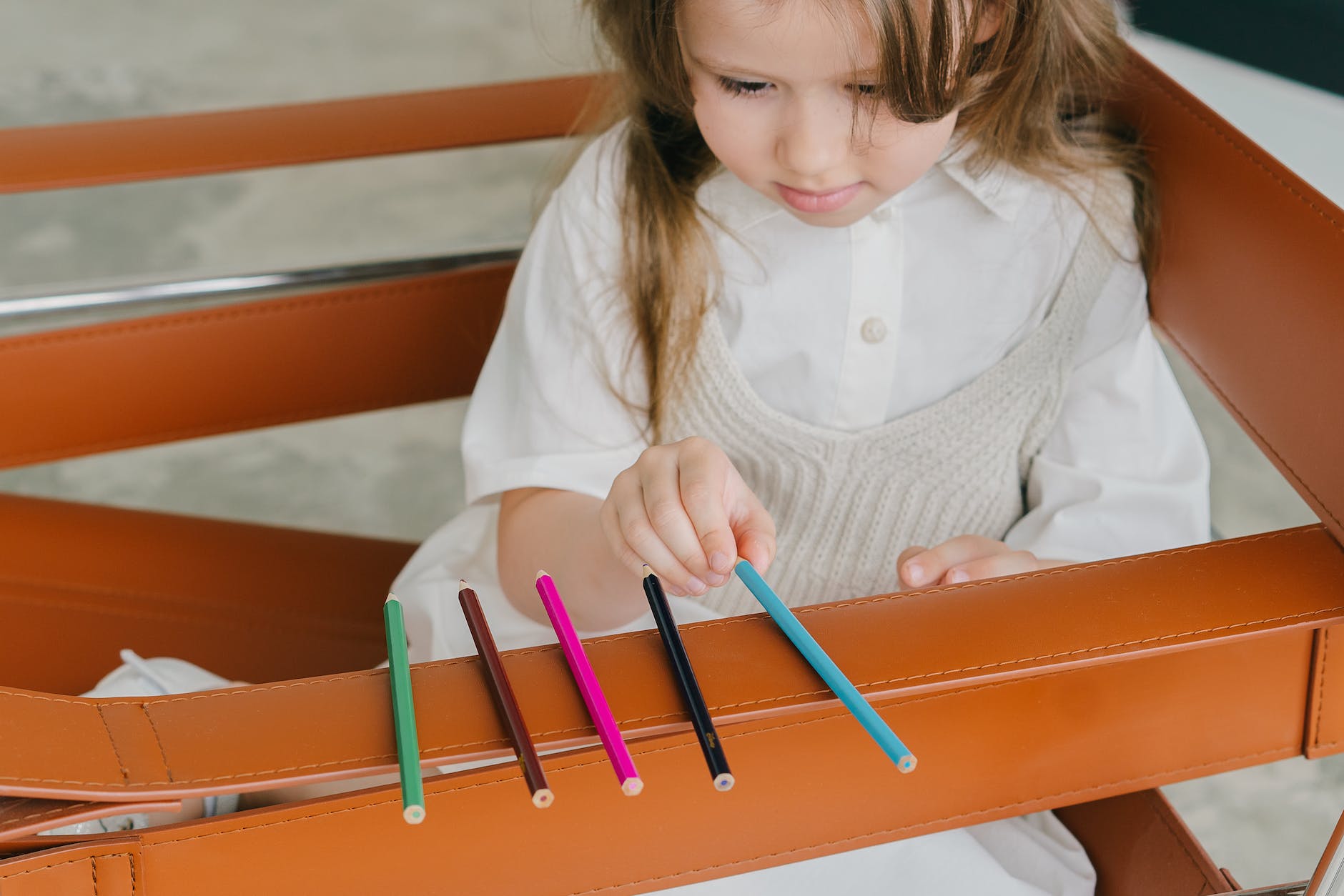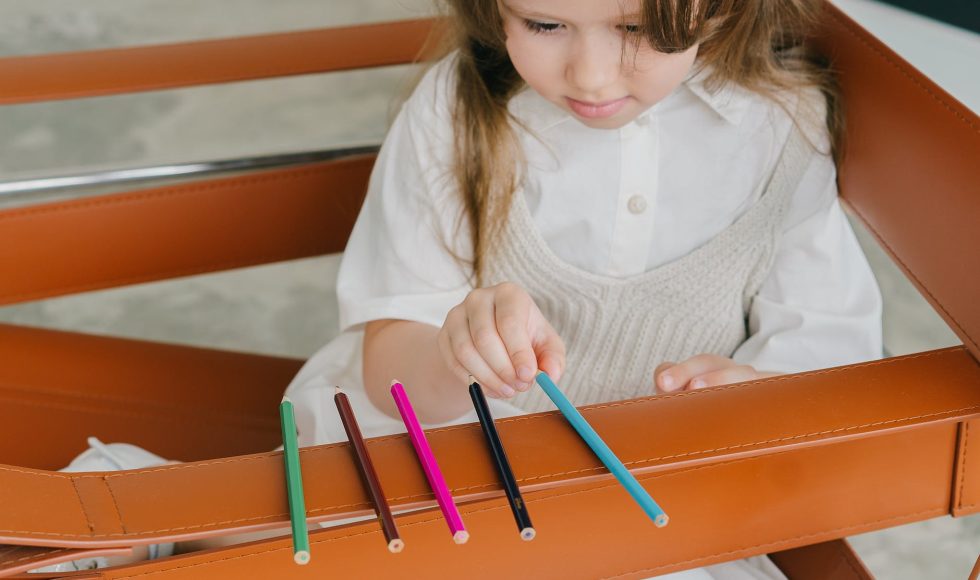Tonight I watched the CAST UDL Symposium session entitled “Inclusive Voices Matter: Empowering Young Adults with Disabilities and Learning Differences through Youth Engagement Networks,” presented by Joey Hunziker, Avi Mayerhoff, Stevie Mays, Misha Nicholas, & Barbara Pape. This session was a panel with several students and members from the National Center for Learning Disabilities. I appreciate how Mays described themselves for those with visual impairments. Pape began by describing survey results of sense of belonging. They worked with others to develop the IEP Project: a strength-based approach with students and parents at the center. The first question was: “What can schools or organizations that center on youth do to create a sense of belonging?” Nicholas spoke about being a student in challenging courses and having the environment to be better and improve. Mays added that peer support was critical for their success. Mays explained that instructors should try to learn the access needs and resources available for learners. The next question was: “How can organizations that center on youth build systems/practices that are proactive and inclusive rather than reactive?” Mays responded that the people making decisions should include those from marginalized identities. Nicholas said that destigmatization is important. For this, understanding the cultural circumstances of the individual is a task organizations should strive to consider. The next question was: “Many organizations that center on youth also incorporate other key stakeholders. What’s important for organizations to consider when engaging other stakeholders besides students?” Nicholas spoke about unique skills that organizations should have and promote to be more inclusive. Mays emphasized making sure that disabled youth are represented and are a driver of conversations. Also, Mays suggested reaching out to other organizations and learning from their experiences. Mayerhoff asked the audience what they have done to support students. Mays spoke about owning disability identities. They would like more conversations between students and teachers in grade school discussing learning differences… “to feel less alone.” Susan Shapiro explained that her children with several labels had to advocate a lot, and this is exhaustive. Nicholas spoke about speaking up. Pape spoke about parents the fine line between supporting and enabling. Chemaine Carr is a school administrator and spoke about the challenge to avoid bullying and students not wanting. to disclose sometimes. Mays suggested a club with a teacher from that group. Mays shared learning from a member of the Autistic community how they were doing something that didn’t serve autistic folx and were kindly informed about a new area to research. This story emphasized how we are always learning and must be willing to learn and listen from members of these communities. Mays differentiated being heard from being respected. Great point! Later on, Mays and Nicholas mentioned being in a group, and disability was not mentioned because of fear and stigma. I guess in addition to listening and respecting, we should all do more (thoughtful) talking!



